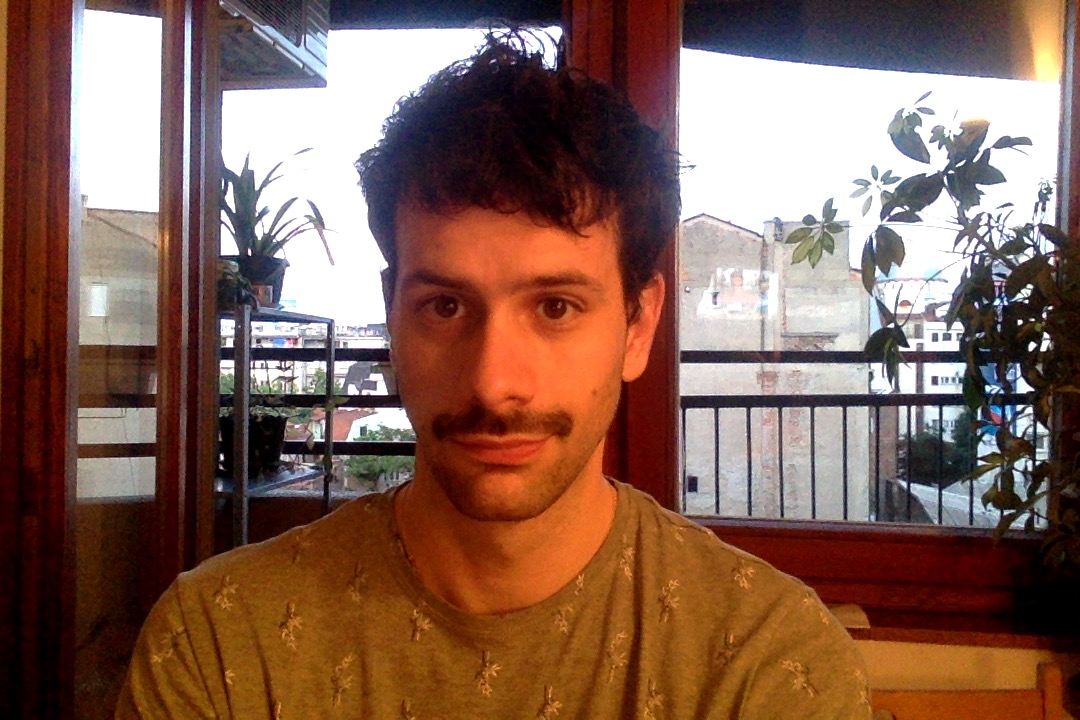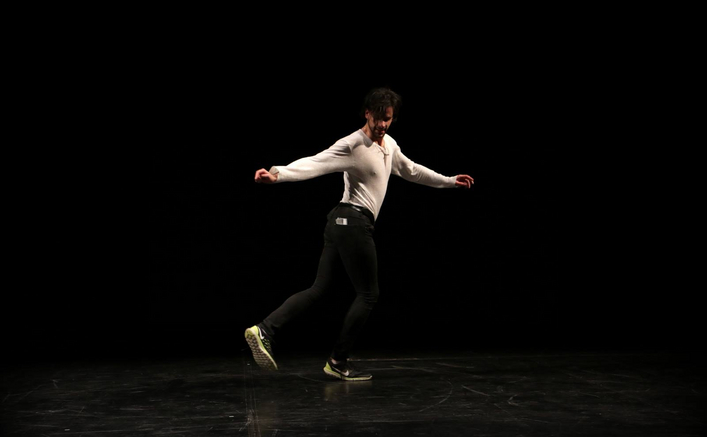Igor Koruga
Igor Koruga is working within contemporary dance and choreography as a freelance choreographer, dancer, pedagogue, dramaturge and dance advocate. Artistically, he is focused on applying choreography as a tool for interpreting various socio-cultural phenomena through its individual and collective embodiments in public space. Recent works include: Hoplessness; Only Mine Alone; Streamlined; Expose; Temporaries etc.
Igor has collaborated with various artists, theatres and cultural institutions from the Balkans and internationally (in Berlin, Brussels, Stockholm, Paris, Vienna etc.)
He is an active member of Station Service for contemporary dance (Belgrade) through which he has been engaged in creation of its programmes: Kondenzfestival of contemporary dance and performance; Puzzleeducational programme; Archiving platform for Balkan performing arts practices etc.
He is an active member and CO of Nomad dance academy network. He taught as a Professor at the Dance Academy in Belgrade.
Igor holds MA in Anthropology from the University of Belgrade and MA in Solo/Dance/Authorship from Universitat der Kunste/HZT in Berlin.
He currently lives in Belgrade.
Research:
This artistic research explores ways of using choreography for examining "negative" feelings (hopelessness, anxiety, apathy, exhaustion, depression, burnout etc.) as the significant socio-cultural features of today's neoliberal and capitalist society. I’m interested to research ‘depression’ as an affective register of social problems that chronically maintains the general state of silence, exhaustion and self-isolation of people, not allowing them to really understand the reasons for their psychophysical condition. The constant increase in overwork, the financial crisis, the underlying economic differences of the social strata, the ever-present political protests and "revolutions", the omnipresent corruption, the narrowing and disappearance of public sphere and the public good – all burden nowadays emotional life of citizens, who are compelled to bear with it alone due to deprivation of state responsibility and social protection. Instead, society’s most ideal demand stands: a sovereign individual with the ability to create specific projects and agendas suitable for the corporate culture and market. Those who fail to respond to these needs by a lack of will, energy, or imagination are being pathologized as ‘depressive’ and medicalized. Departing from the views that social change must be bound to force, vigor, or perseverance, I see a stronger public recognition of depression discourse as a political state. It stands for public depatologization of such feelings, turning our individual issues into the social ones, and further contemplates new forms of communion, solidarity, knowledge production and joint political action in society.










